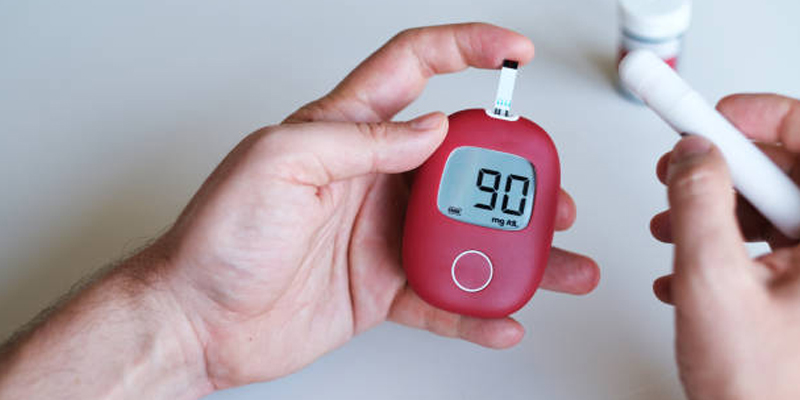Diabetology
Diabetology
Diabetology is a specialized branch of medicine that focuses on the diagnosis, treatment, and management of diabetes mellitus, a chronic condition characterized by high levels of sugar (glucose) in the blood. Diabetes occurs when the pancreas is unable to produce enough insulin or when the body cannot effectively use the insulin it produces. Insulin is a hormone that regulates blood sugar.Diabetologists are medical doctors who specialize in diabetes care. They work with patients to manage their condition through medication, diet, exercise, and monitoring of blood sugar levels to prevent complications associated with diabetes, such as heart disease, stroke, kidney failure, vision loss, and nerve damage.

An autoimmune condition where the body attacks insulin-producing cells in the pancreas, requiring patients to take insulin injections or use an insulin pump.People with type 1 diabetes require lifelong insulin therapy to survive. They need to monitor their blood sugar levels regularly and administer insulin either through injections or an insulin pump. Management of type 1 diabetes also involves carefully balancing insulin doses with food intake and physical activity.

The most common form of diabetes, often related to lifestyle factors such as obesity and physical inactivity, where the body becomes resistant to insulin or the pancreas doesn’t produce enough insulin.

A type of diabetes that develops during pregnancy, which can affect both the mother’s and baby’s health.Gestational diabetes can increase the risk of complications during pregnancy and delivery, such as high blood pressure, preterm birth, and the need for a cesarean section. It can also lead to health problems for the baby, including excessive birth weight, low blood sugar after birth, and an increased risk of developing obesity and type 2 diabetes later in life.

A condition where blood sugar levels are higher than normal, but not high enough to be diagnosed as diabetes, indicating a high risk of developing type 2 diabetes
Many people with prediabetes don’t experience any symptoms, which is why it’s often referred to as a “silent” condition. However, some individuals may experience symptoms similar to those of diabetes, such as increased thirst, frequent urination, and fatigue.

